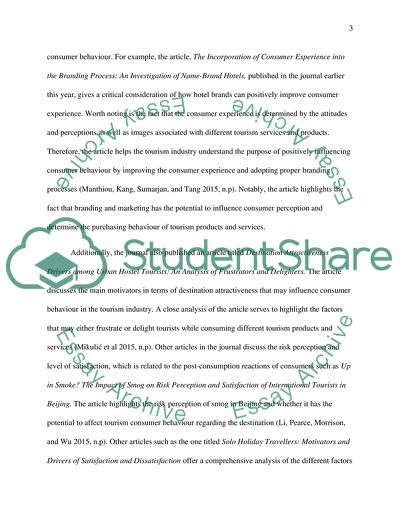Cite this document
(Consumer Behavior in the Tourism Industry Essay Example | Topics and Well Written Essays - 1250 words, n.d.)
Consumer Behavior in the Tourism Industry Essay Example | Topics and Well Written Essays - 1250 words. https://studentshare.org/tourism/1881523-comparative-essay
Consumer Behavior in the Tourism Industry Essay Example | Topics and Well Written Essays - 1250 words. https://studentshare.org/tourism/1881523-comparative-essay
(Consumer Behavior in the Tourism Industry Essay Example | Topics and Well Written Essays - 1250 Words)
Consumer Behavior in the Tourism Industry Essay Example | Topics and Well Written Essays - 1250 Words. https://studentshare.org/tourism/1881523-comparative-essay.
Consumer Behavior in the Tourism Industry Essay Example | Topics and Well Written Essays - 1250 Words. https://studentshare.org/tourism/1881523-comparative-essay.
“Consumer Behavior in the Tourism Industry Essay Example | Topics and Well Written Essays - 1250 Words”. https://studentshare.org/tourism/1881523-comparative-essay.


